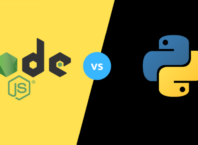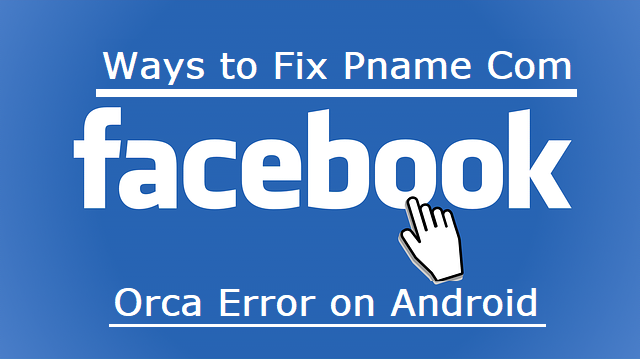Companies often take for granted the courier services they hire to handle sensitive data. The default response has always been to go with the known brand. It requires an enormous amount of trust to allow a third-party provider to handle any private information, and yet this practice continues across different industries.
However, for individuals and companies working in healthcare, mere trust is a luxury they don’t have.
Enter HIPAA
The health Insurance Portability and Accountability Act or HIPAA was approved in 1996. It covers, among other things, policies, and standards to ensure that the private information of patients is protected.
Before the law was enacted, there was no security and set standards to protect the private information of individuals. Legislators saw the need to protect confidential information considering several data breaches involving the healthcare industry.
In fact, even with the HIPAA, digital attacks continue. According to data, there were 15 million records of patients that were compromised in 2018 from a total of 503 cases of a data breach. Most of the breach is the result of negligent handling and attributed to third-party providers. This could be IT specialists, accountants, and courier services. This is indeed alarming considering what hackers can do with your private information nowadays. According to the 2018 IBM data breach study, the average cost of the data breach is $3.6 million. Healthcare, meanwhile, is the most vulnerable industry, with an average loss of about $8 million. You should always strive to work only with HIPAA compliant mailing services to protect your data.
You might think that it only involves companies, but each individual is also vulnerable. For instance, IBM found that a data breach will cost each victim an average of $148; not to mention the inconvenience of addressing the breach.
Privacy Rule and Security Rule
One of the provisions of the law is the Privacy Rule, which sets standards for the protection of identifiable health information. This one covers the health professional or the practice itself. Another is the Security Rule, which includes the third-party provider, or the business associate, that will, by nature of their service, handle the sensitive information in paper or digital form.
The Security Rule can be considered as an extension of the Privacy Rule. In a sense, it hammers down the need to protect all the inherent provisions of the Privacy Rule. These include the implementation of physical and electronic safeguards to make sure confidential information doesn’t fall into the wrong hands.
Any violation of both the Privacy Rule and the Security Rule will merit a penalty, which could be a fine, revocation of license, or imprisonment. This is why healthcare providers must ensure they work with HIPAA compliant mailing companies.
These mailing services need to undergo a strict vetting process from the government regulators to comply with the HIPAA standards. Their procedures in handling electronic and physical documents are evaluated. For example, they should show how they store digital information or how they guarantee that the chain of transmission from the sending client to the recipient is not broken.












